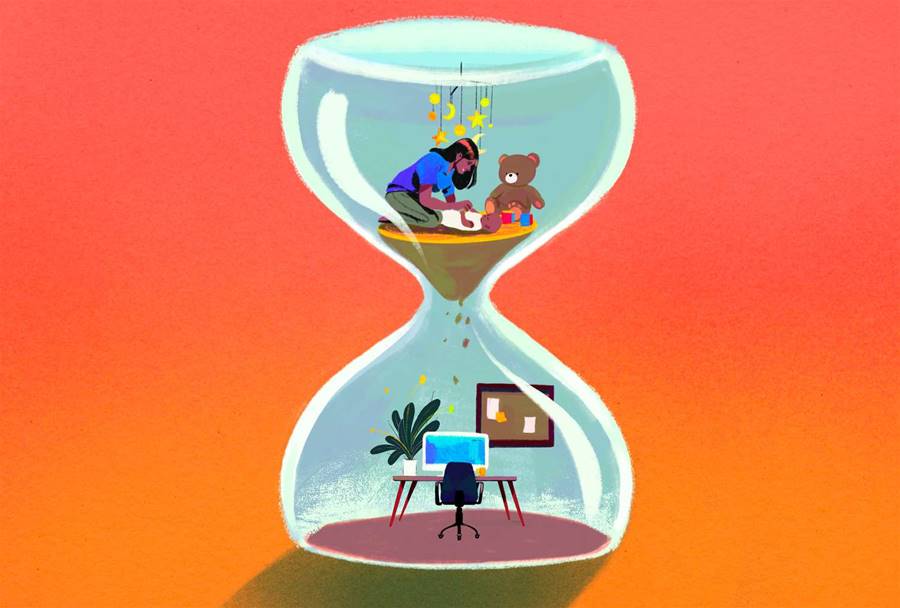

I recently rewatched a three-minute video my husband shot documenting our arrival home from the hospital with our newborn daughter. In it, he welcomes baby Eva to our little New York City apartment before panning to me. “How are you feeling?” he asks. I look at him and let out a long exhale before answering. “Tired,” I say.
I was hurting from an , swollen due to all the IV fluids pumped into my system, and struggling with breastfeeding. As far as one-word answers go, “elated” didn’t exactly capture my frame of mind at that moment or even in the days and months after.
I couldn’t tell friends and family either, because there was an expectation that I would be in a as a new mother.
No one in my circle had vocalized anything different, so I simply followed along. That was 10 years ago, and a lot has happened in that time. The back then pales in comparison to what new parents went through at the and ever since. The good news? Birthing people are like never before, getting more comfortable asking for help, and being specific about their needs.
It doesn’t come easy in an individualistic society that pushes us to keep going no matter what, but it is absolutely necessary for your physical, mental, and emotional well-being.
That’s why we’re re-examining the fourth trimester and making a case for the postpartum pause—an essential period for anyone navigating the transition into parenthood. Other cultures around the world see it as a sacred time, so why can’t we?
Don't miss That New Mom Life, our podcast centered around this 12-week period. We cover topics ranging from postpartum anxiety to pelvic floor issues and everything in between. Take a listen and you’ll hear a whole lot about my own experience, too. And let me tell you, it feels great to talk openly about those early days. I hope I inspire you to do the same—just maybe don’t wait as long.
—
Mental Health Concerns
If you or someone you know is struggling with a perinatal or postpartum mood disorder, know there is both help and hope. While you can (and should) reach out to a physician, OB-GYN, or a licensed mental health professional, there are other resources too, including:
Many states also offer supplementary support. The key is to speak up and ask for help. You cannot and should not go through this alone.
Financial Struggles
A new mouth to feed can exacerbate financial struggles, making it hard to get food on the table. is available for families whose income is below certain limits and provides referrals to services that can help with breastfeeding/chestfeeding, general healthcare, and more.
The fourth trimester is hard enough without having to worry about feeding your baby. Reach out to your local Supplemental Nutrition Assistance Program (SNAP) office for more information.
